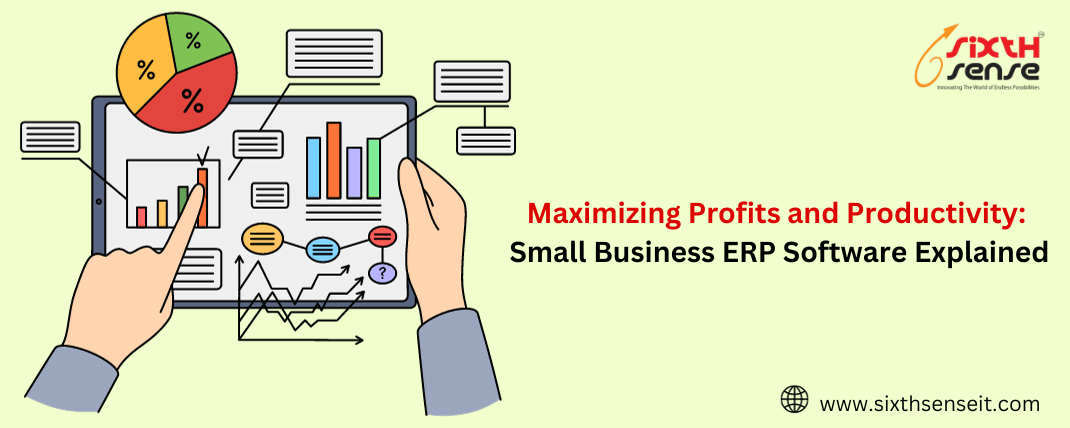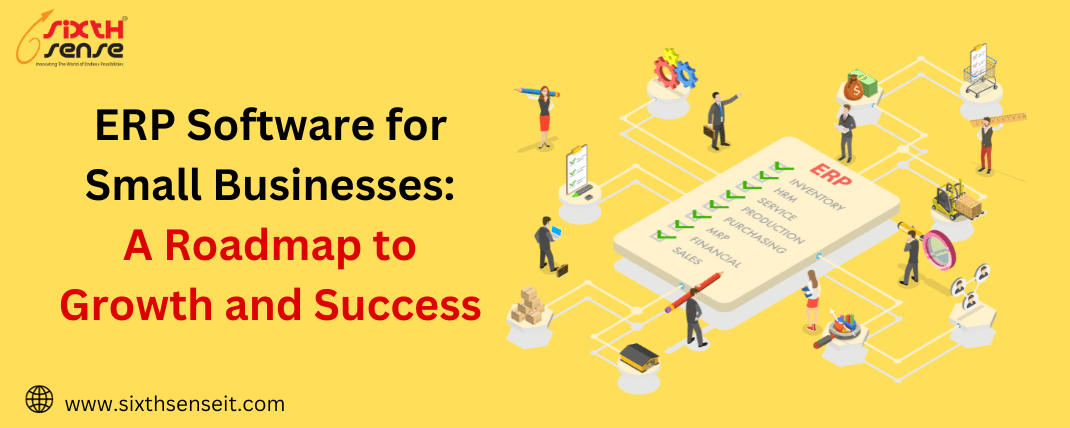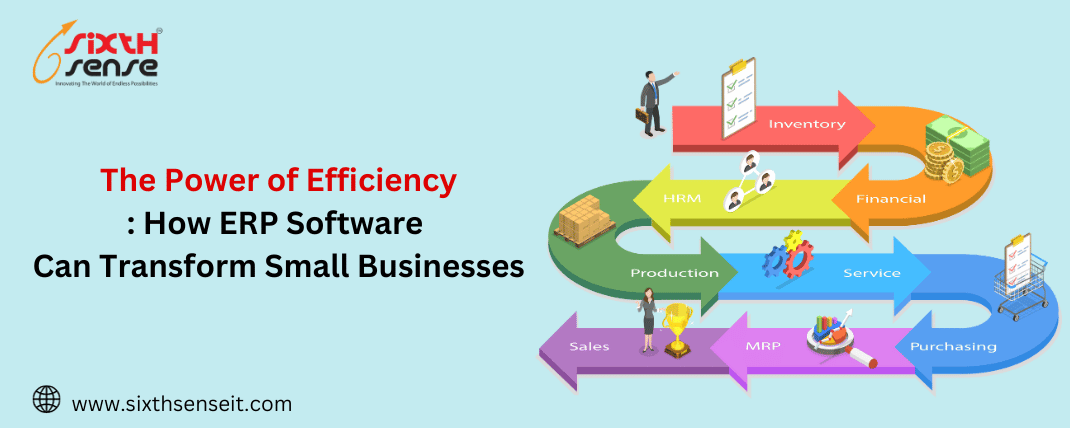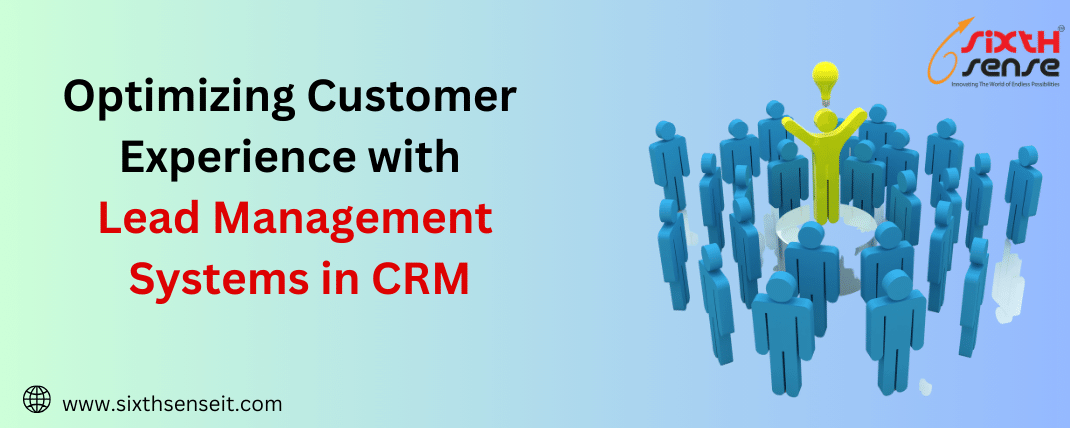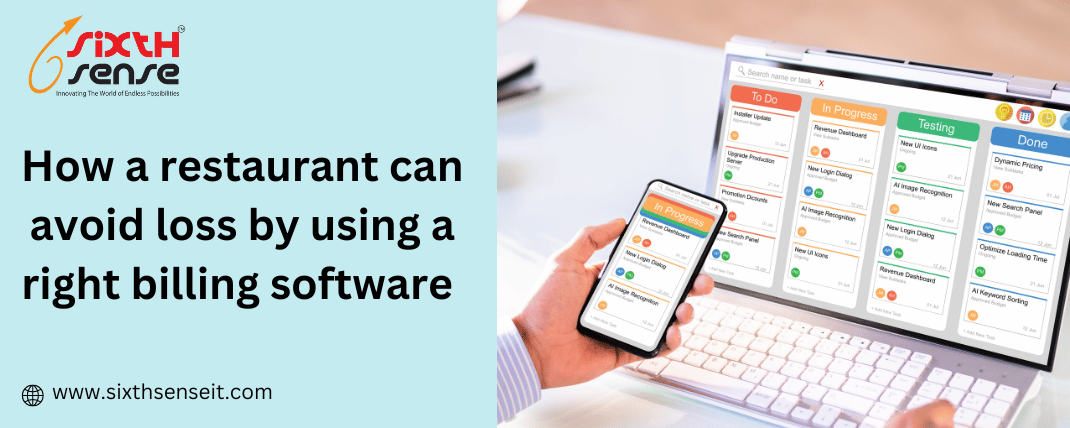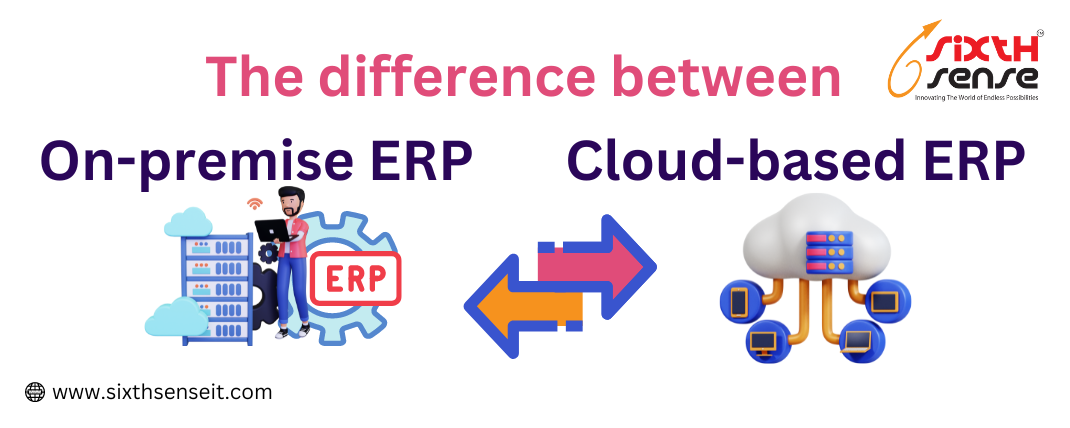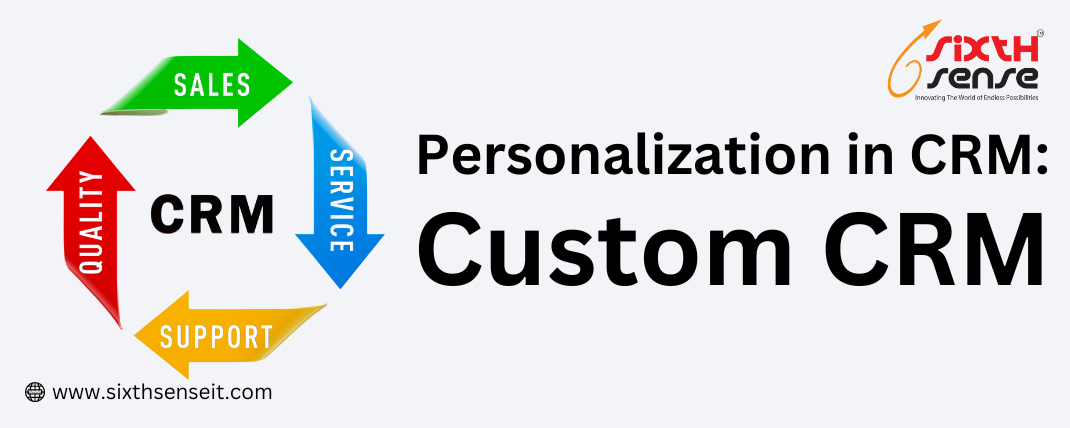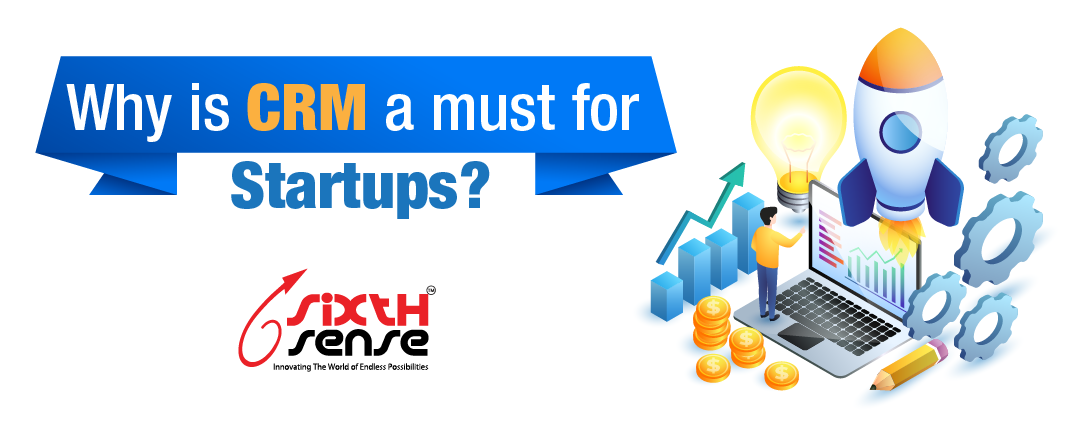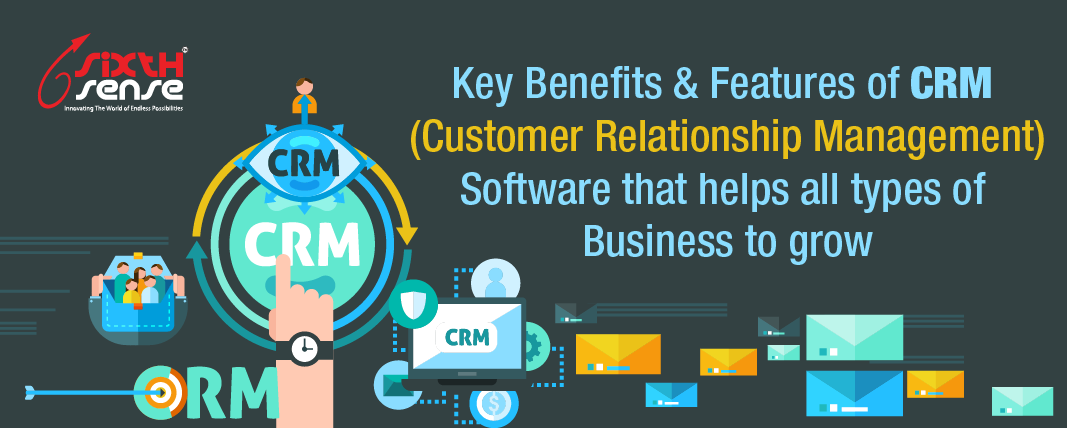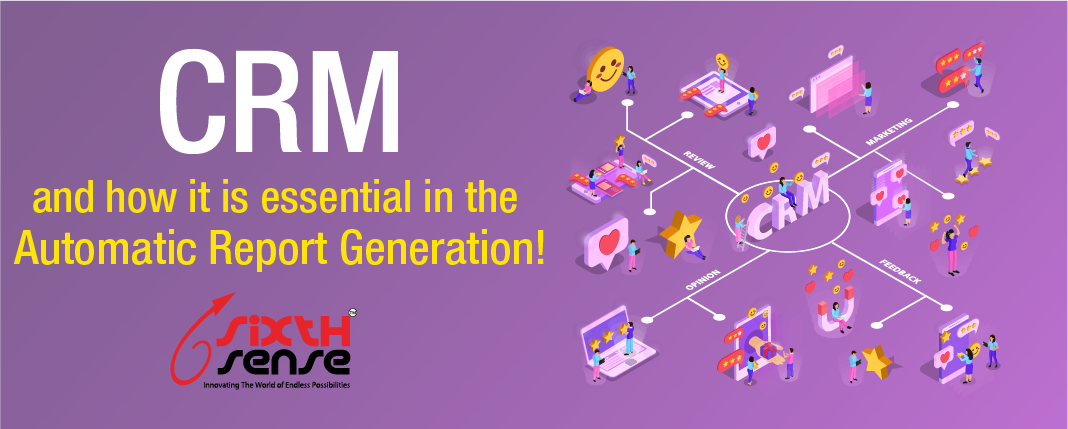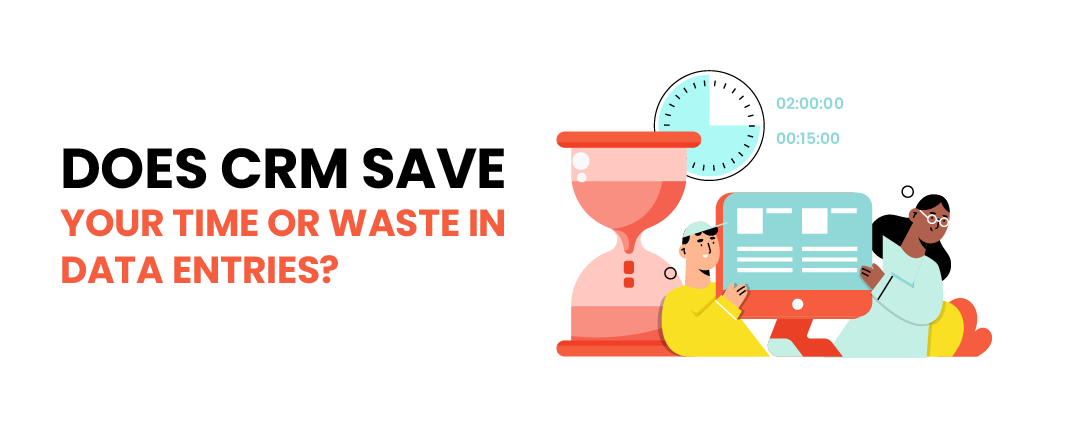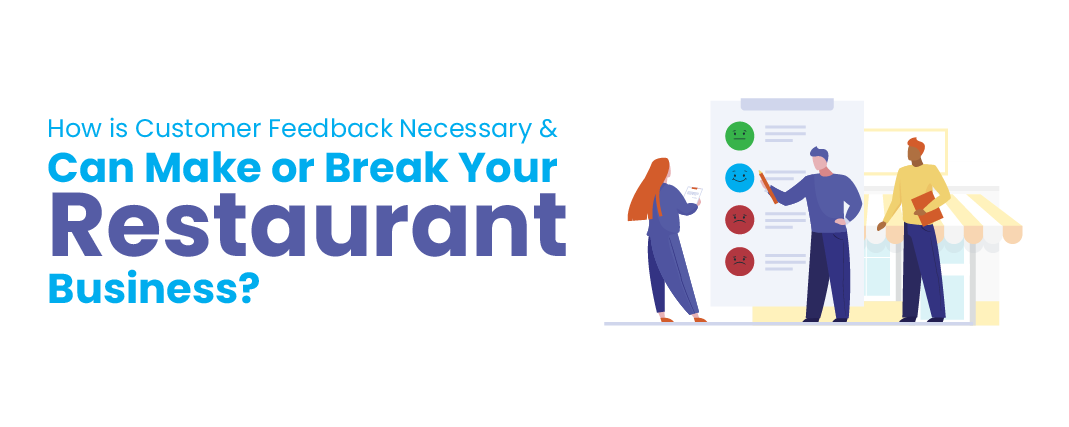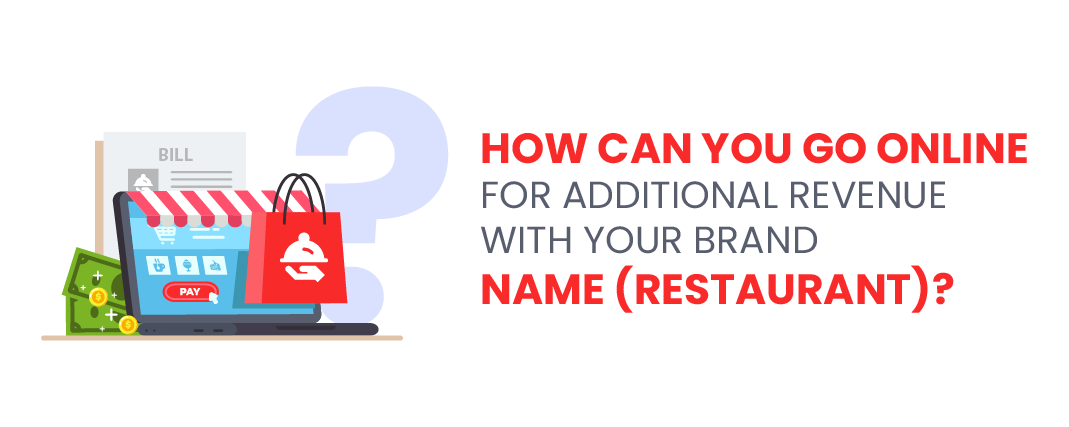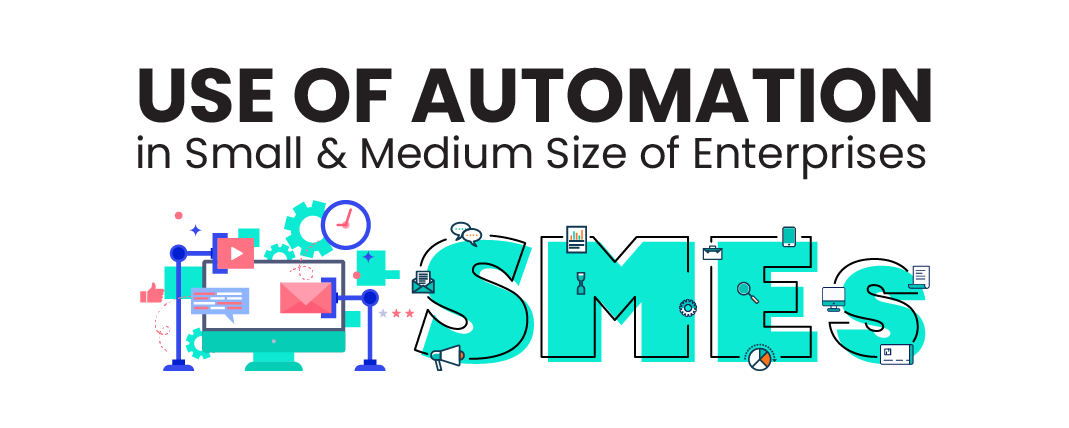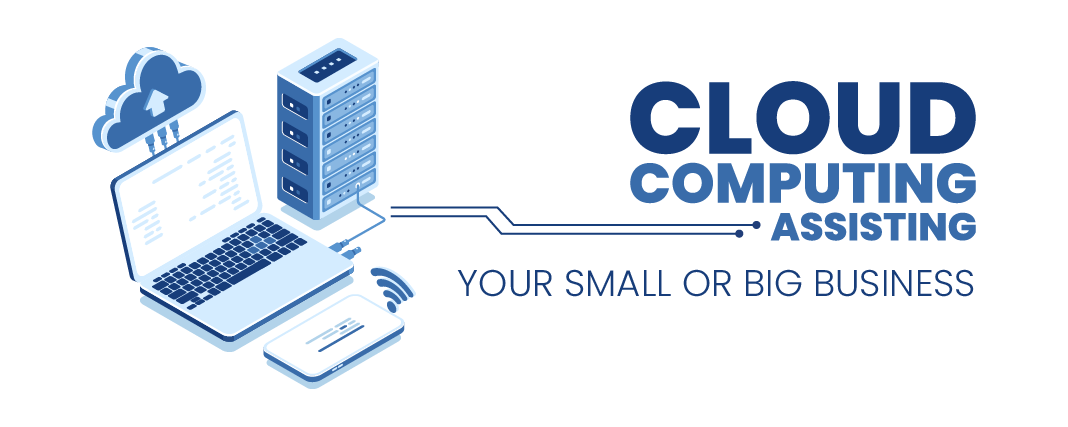
What is CRM? | CRM System|Benefits | Features

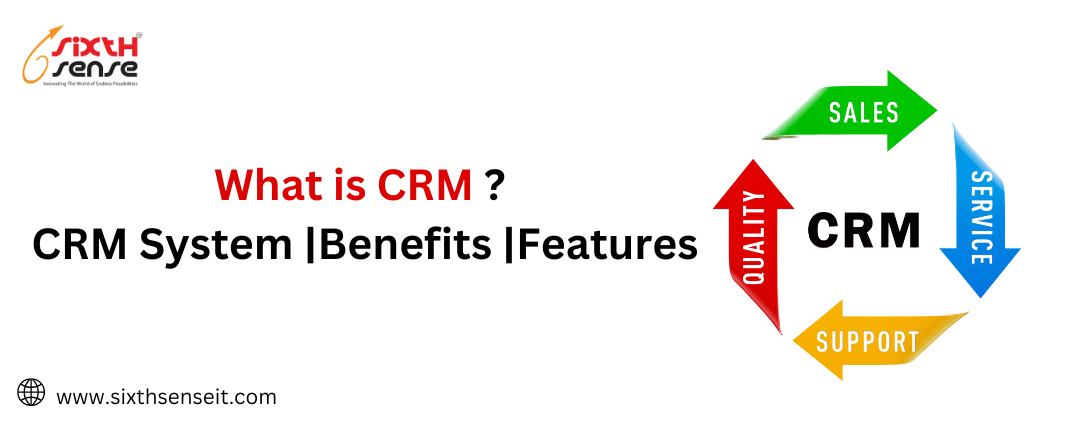
CRM stands for Customer Relationship Management. It is a technology and strategy used by businesses to manage and analyze interactions with customers and potential customers. CRM systems help organizations improve and streamline customer relationships, enhance customer satisfaction, and drive business growth by providing tools for managing customer information, tracking sales opportunities, automating marketing processes, and more. CRM helps businesses better understand their customers' needs, preferences, and behaviors, allowing for more personalized and effective communication and service.
A CRM (Customer Relationship Management) system is a powerful technology and strategy employed by businesses to manage and nurture their interactions with customers and prospects. It acts as a central hub where organizations can collect, store, and analyze customer data to enhance relationships, streamline processes, and drive growth. A robust CRM system provides a 360-degree view of each customer, enabling businesses to personalize interactions and make data-driven decisions.
A CRM system is like a helpful assistant for your business. It collects info about your customers from different places like their website, emails, and social media. It can also add stuff like recent news about them. This way, you have all the details about your customers in one place, which makes it easier to know them well.
CRM doesn't work alone; it can connect to other tools your business uses, like document signing or accounting. This way, all the info goes back and forth, giving you a complete picture of your customer.
New CRM systems are even smarter. They do tasks like data entry and figuring out where leads should go. They can also predict what your customers might do next, which helps you plan better. So, CRM is like your business sidekick, making things easier and smarter.
CRM systems foster stronger customer relationships by facilitating personalized communication, efficient issue resolution, and timely follow-ups. This leads to higher customer satisfaction and loyalty.
CRM tools help sales teams manage leads, track opportunities, and prioritize deals. By automating repetitive tasks and providing valuable insights, CRMs boost sales productivity and revenue generation.
CRM systems enable targeted marketing campaigns based on customer segments and behavior. Marketing automation tools within CRMs streamline lead nurturing and customer engagement, resulting in more effective marketing efforts.
Customer service teams can benefit from CRM by centralizing customer inquiries and providing quick access to customer histories. This leads to faster issue resolution and improved customer support.
CRM analytics and reporting allow businesses to make informed decisions. Data on customer behavior, sales performance, and marketing ROI helps in refining strategies and identifying growth opportunities.
Automation of routine tasks and processes reduces manual effort, minimizes errors, and ensures consistency in operations. This leads to increased efficiency and cost savings.
CRM systems can suggest additional products or services to existing customers based on their preferences and purchase history, thus increasing revenue per customer.
CRM solutions are scalable and can adapt to a company's growth. Whether you have a small business or an enterprise-level operation, a CRM system can accommodate your needs.
Store and manage customer information, including contact details, interactions, and purchase history.
Track leads, qualify prospects, and manage the sales pipeline efficiently.
Automate marketing campaigns, email marketing, and lead nurturing to engage prospects and customers effectively.
Streamline sales processes, manage contacts, and track sales activities.
Handle customer inquiries, complaints, and support requests, ensuring timely resolution.
Access robust analytics tools to gain insights into customer behavior, sales performance, and marketing effectiveness.
Automate repetitive tasks, ensuring consistent and efficient operations.
Seamlessly integrate CRM with other business systems, such as email, e-commerce, and accounting software.
Tailor the CRM system to meet specific business requirements by creating custom fields, workflows, and reports.
Many CRM systems offer mobile apps for on-the-go access to customer information and task management.
Ensure the security and privacy of customer data through encryption, access controls, and compliance with data protection regulations.
The importance of CRM (Customer Relationship Management) in business cannot be overstated. CRM plays a pivotal role in modern business strategies and operations due to several key reasons:
CRM systems help businesses build and maintain strong, personalized relationships with their customers. By storing and analyzing customer data, organizations can understand customer needs, preferences, and behaviors, allowing for more targeted and relevant interactions. This leads to increased customer satisfaction, loyalty, and retention.
CRM enables efficient management of customer inquiries, issues, and requests. Customer support teams can access comprehensive customer profiles, making it easier to provide quick and effective solutions. Enhanced customer service results in higher customer satisfaction and positive word-of-mouth referrals.
CRM systems streamline the sales process by tracking leads, opportunities, and sales activities. Sales teams benefit from automation, lead scoring, and data-driven insights, which boost productivity and revenue generation. Cross-selling and upselling opportunities are also maximized through CRM.
CRM analytics provide valuable insights into customer behavior, sales performance, and marketing effectiveness. Businesses can make informed decisions, refine strategies, and identify growth opportunities based on data analysis. This reduces guesswork and enhances overall business efficiency.
CRM systems support targeted marketing campaigns. By segmenting customers based on their characteristics and behavior, businesses can deliver personalized marketing messages and promotions. Marketing automation tools within CRM streamline lead nurturing, resulting in more effective marketing efforts.
CRM automates routine tasks and processes, reducing manual effort and minimizing errors. This improves operational efficiency, reduces costs, and ensures consistency in business operations.
CRM solutions are scalable and can grow with a business. Whether a company is small, medium-sized, or an enterprise-level operation, a CRM system can adapt to accommodate changing needs and expanding customer bases.
Businesses that effectively utilize CRM gain a competitive edge. They can respond quickly to market changes, anticipate customer needs, and deliver superior customer experiences. CRM helps businesses stay ahead of competitors in a rapidly evolving business landscape.
CRM aids in identifying at-risk customers and implementing retention strategies. By addressing issues and concerns promptly, businesses can prevent customer churn and build long-term loyalty.
CRM systems can seamlessly integrate with other essential business tools, such as email platforms, e-commerce systems, and accounting software. This integration ensures data consistency and accuracy across different departments.
In conclusion, a CRM system is a versatile tool that empowers businesses to build strong customer relationships, drive revenue growth, and streamline operations. Its benefits encompass improved customer satisfaction, increased sales, and data-driven decision-making. The key features of a CRM system provide the necessary tools to achieve these outcomes and adapt to evolving business needs, making it an invaluable asset for organizations of all sizes and industries.













































